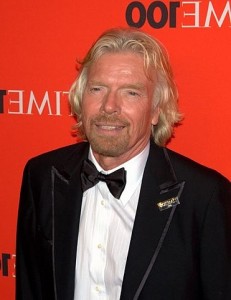 We expect to get a dose of the facts when we visit the doctor: details of our health, maybe a diagnosis, then a prognosis for the near future, with a swift good-bye. Yet what if these facts were heavily influenced by something less objective?
We expect to get a dose of the facts when we visit the doctor: details of our health, maybe a diagnosis, then a prognosis for the near future, with a swift good-bye. Yet what if these facts were heavily influenced by something less objective?
This happens every time we interact with a medical professional, or with anyone. Because whether we realize it or not, each one of us is guided by that dreaded f-word, our feelings.
In fact, Danielle Ofri, associate professor at NYU School of Medicine, recently shed light on how doctors’ natural feelings continue to influence their work.
We flipped when we first read it! Check out what Dr. Ofri says:
By now, even the most hard-core, old-school doctors recognize that emotions are present in medicine at every level, but the consideration of them rarely makes it into medical school curriculums, let alone professional charters. Typically, feelings are lumped into the catch-all of stress or fatigue, with the unspoken assumption that with enough gumption these irritants can be corralled.
Boo, hiss! Looking at emotions as “irritants [that] can be corralled” is very 2011. So out with the old wisdom; Ofri goes on with the new:





